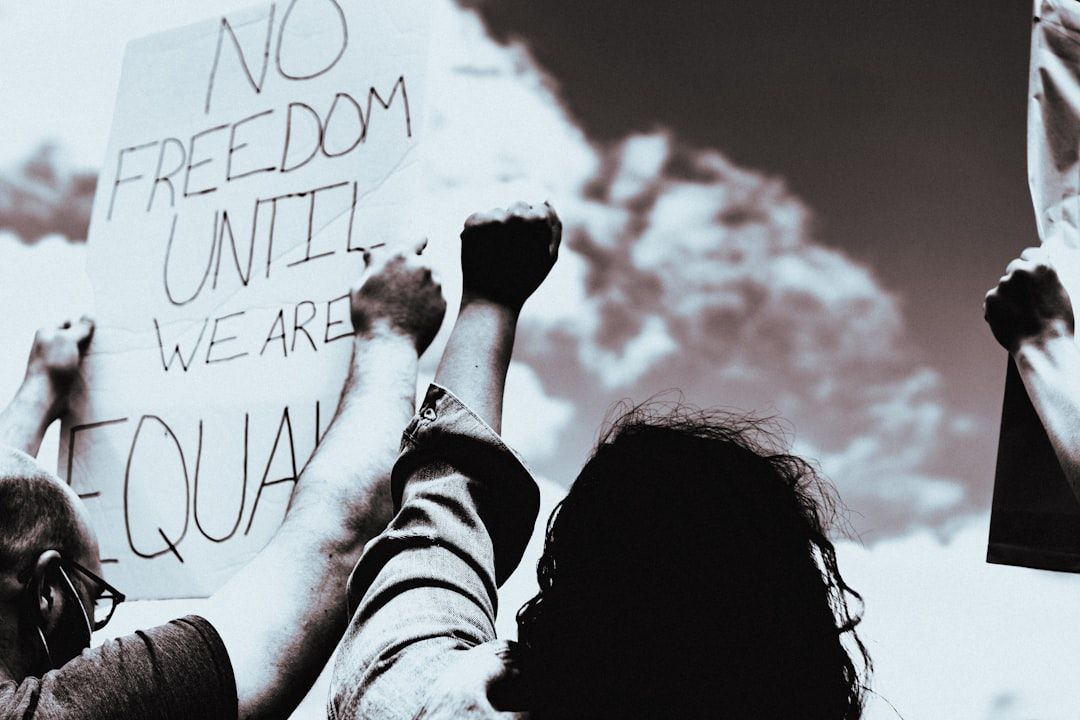(UNITED KINGDOM) Britain is carrying out a sweeping review of its human rights laws in a move the government says will make it easier to speed up deportation of people who arrive in the country illegally, while keeping the United Kingdom 🇬🇧 inside the European human rights system. The changes, announced on 17 November 2025 by Home Secretary Shabana Mahmood, form the core of a wider overhaul of asylum and immigration rules under Prime Minister Keir Starmer’s Labour government.
Ministers say the reforms are aimed at stopping what they describe as “endless appeals” and last‑minute legal moves that currently delay or block removal of people with no right to remain in the UK. The Home Office wants to fast‑track deportation of irregular migrants, including those it labels as criminals and those it believes are misusing modern slavery protections to avoid being returned to their home countries.

Officials argue that a tougher line is needed to restore public confidence in the system and respond to growing concern over irregular Channel crossings.
Focus on the European Convention on Human Rights (ECHR)
A central part of the review targets how British courts interpret the European Convention on Human Rights (ECHR), which remains binding on the UK. The government says it will clarify how judges should apply Article 8, the right to respect for private and family life, in immigration cases.
Under the plan, only immediate family members such as parents and children would normally count when a migrant claims that deportation would break up their family life. This would sharply limit extended or distant family ties that can currently be raised in appeals.
Ministers insist this change will not remove the right to family life, but will tighten how it works in practice for people facing deportation after their asylum claim or visa application has failed.
Concerns about Article 8 changes
- Critics say a stricter reading of Article 8 could make it harder for long‑settled migrants, including those with strong ties to communities, step‑children, or dependent relatives, to argue that removal would cause serious harm to their family unit.
- Analysis by VisaVerge.com suggests similar past efforts to narrow family life protections led to more court challenges and complex case law, as judges tested the limits of restrictions while remaining compatible with the ECHR.
Review of Article 3: torture and ill‑treatment
The government is also looking at Article 3 of the Convention, which bans torture and “inhuman or degrading treatment or punishment.”
- UK officials say the meaning of inhuman and degrading treatment has expanded over time in asylum and deportation cases, sometimes stopping removals even where the risk is remote or based on weak evidence.
- Ministers plan to work with other countries to push for what they call a more “reasonable” approach to Article 3, though they have not set out exactly how they will try to influence that interpretation internationally.
Staying in the Convention — but changing domestic application
Despite pressure from some political figures to cut ties with European human rights structures altogether, the Starmer government says it plans to remain a member of the ECHR. That position marks a clear break from calls, especially during debates over the Rwanda asylum policy, for the UK to leave the Convention.
The government instead wants to rewrite domestic rules on how British courts apply human rights arguments in immigration cases, while still accepting the authority of the European Court of Human Rights in Strasbourg.
The official explanation of Convention rights published on the UK government website, including Article 8 and Article 3, remains available for the public to read on GOV.UK guidance: rights contained in the European Convention on Human Rights (policy, mentioned 1 times).
Broader asylum and immigration changes
Beyond the human rights review itself, the Home Office plans a broad shake‑up of asylum and immigration procedures.
- Fast‑tracked deportations: Deportations of people judged to be in the country illegally will be fast‑tracked, with tighter timetables and limits on repeat appeals.
- Limits on late claims: The appeals system will be redesigned to stop people bringing multiple claims one after another, or raising new arguments only days or hours before removal flights.
- Officials say late claims have become a major barrier to enforcement, with some cases dragging on for years.
Changes to refugee protection
- Refugee status will become temporary under the plans.
- The waiting period for someone to apply for permanent settlement will be quadrupled.
Supporters argue this will reduce long‑term migration and allow regular reassessment of conditions in a person’s home country. Refugee groups warn that long periods of uncertainty:
- trap people in limbo,
- hinder integration,
- and can have lasting effects on mental health and family stability.
Using visas to pressure non‑cooperative countries
The government also proposes to use visa policy as leverage on foreign governments that refuse to take back nationals due to be removed from the UK.
- Under the proposals, Britain would threaten to stop or restrict visas for citizens of countries that do not cooperate with return arrangements.
- Ministers believe this will strengthen their negotiating position and speed up practical deportations.
Critics warn this could harm ordinary travellers, students, and families more than the governments being targeted, and risk damaging wider diplomatic relations.
Responses from human rights organisations and political context
Human rights organisations reacted sharply. Freedom from Torture, a leading charity working with survivors, warned the reforms will punish vulnerable people and strip away protections that prevent individuals being sent back to torture or persecution.
The group says narrowing human rights laws and limiting how Article 3 and Article 8 can be used will make it harder for genuine victims to prove risk, especially when they lack documents or come from countries where abuse is hidden.
Politically, the context is intense:
- Prime Minister Keir Starmer, a former human rights lawyer, faces pressure from voters worried about irregular migration and from the populist Reform UK party.
- By staying in the ECHR but reshaping how its rights apply in asylum and deportation cases, the government aims to strike a middle ground between international obligations and domestic demands for tougher enforcement.
For people in the system, the stakes are personal and immediate. A refused asylum seeker who currently relies on a complex web of appeals based on family life, medical risks, or conditions in their home country may find those routes sharply narrowed once the changes take effect.
Lawyers expect a wave of legal challenges testing whether the new rules are compatible with the ECHR and the Human Rights Act, which incorporates Convention rights into UK law.
Implementation timeline and final aims
The Home Office has not yet set a full timetable for when each part of the package will come into force, and detailed draft laws are still to be published. However, ministers’ message is clear:
- They want a system where deportation after a final refusal becomes the norm rather than the exception.
- They want human rights arguments to remain possible, but within a much tighter framework.
As the reforms move from announcement to legislation, the balance between border control and protection from harm is set to dominate Britain’s immigration debate for months to come.
This Article in a Nutshell
The UK government announced on 17 November 2025 a major review of human rights laws to speed deportations while staying in the ECHR. Proposals limit Article 8 family claims to immediate relatives, reassess Article 3 interpretations, introduce fast‑tracked deportations, restrict late appeals, make refugee status temporary, and use visa leverage on non‑cooperative states. Supporters argue improved enforcement; human rights groups warn of increased risk to vulnerable migrants and impending legal challenges.













